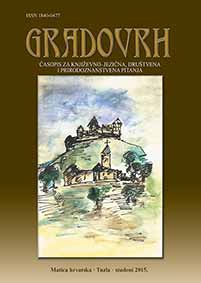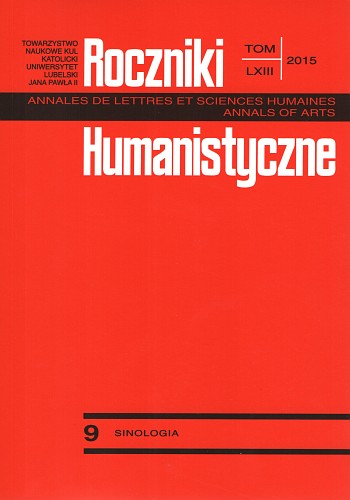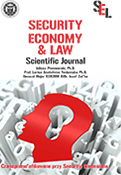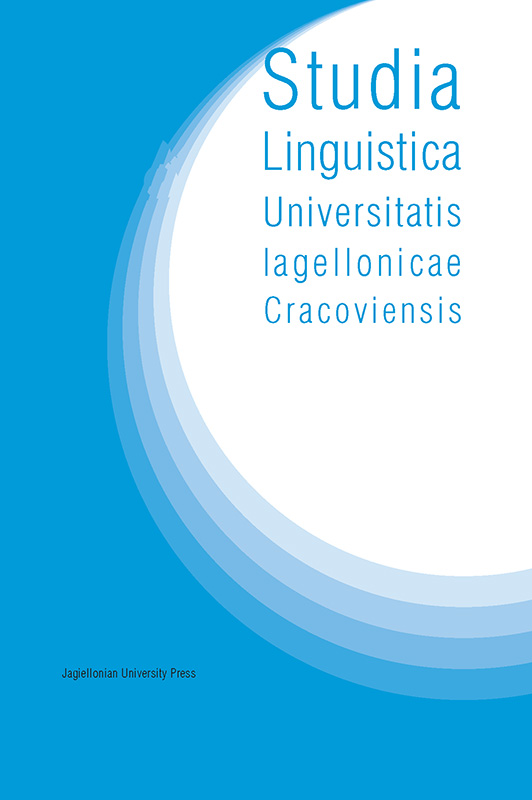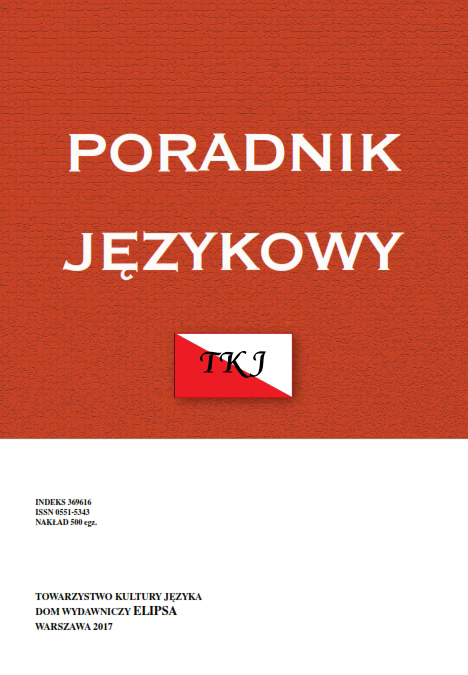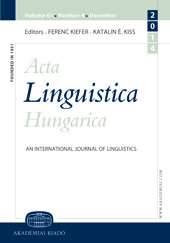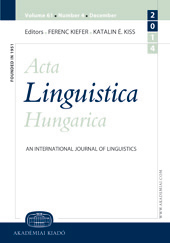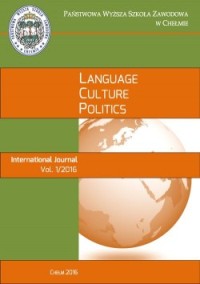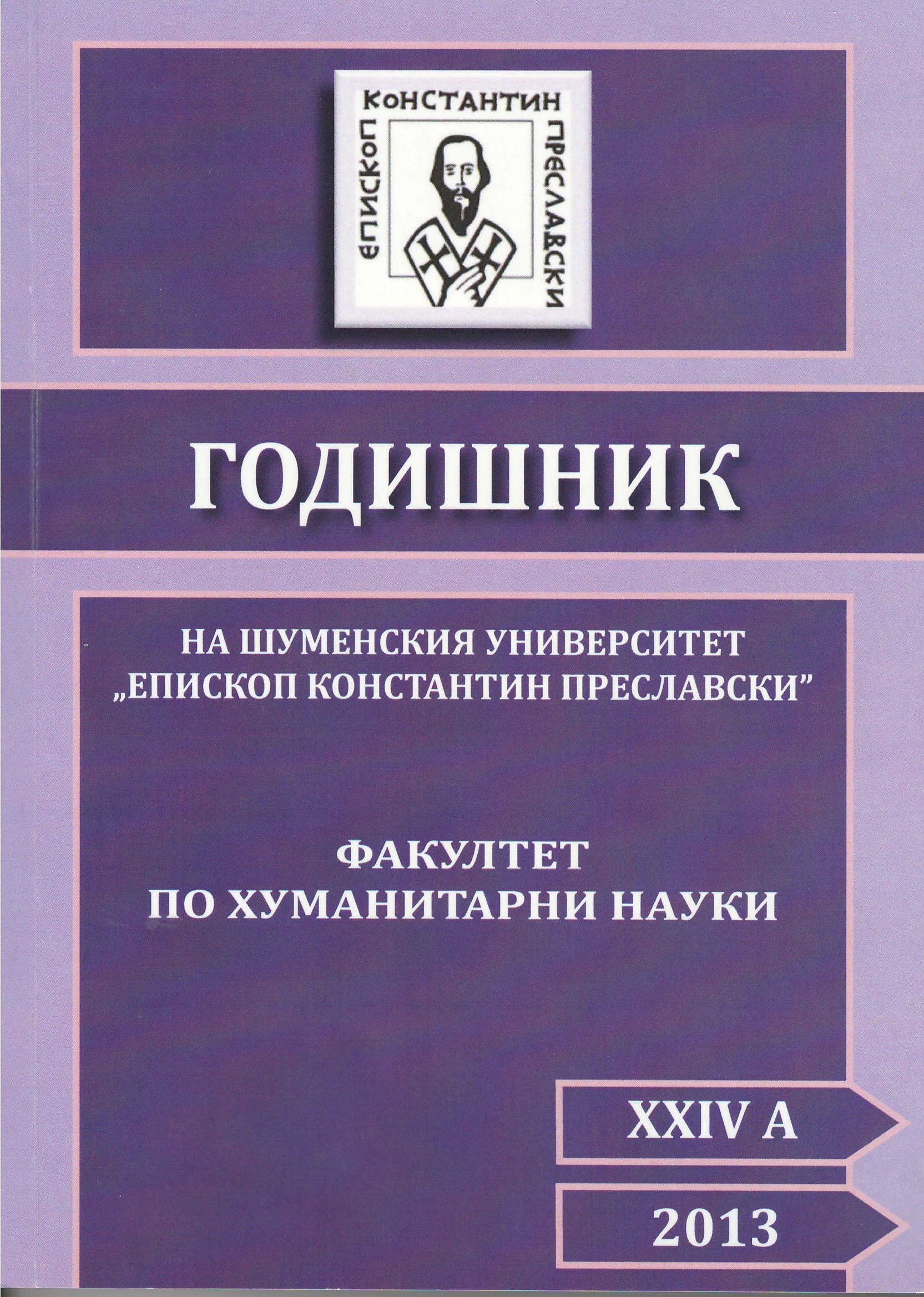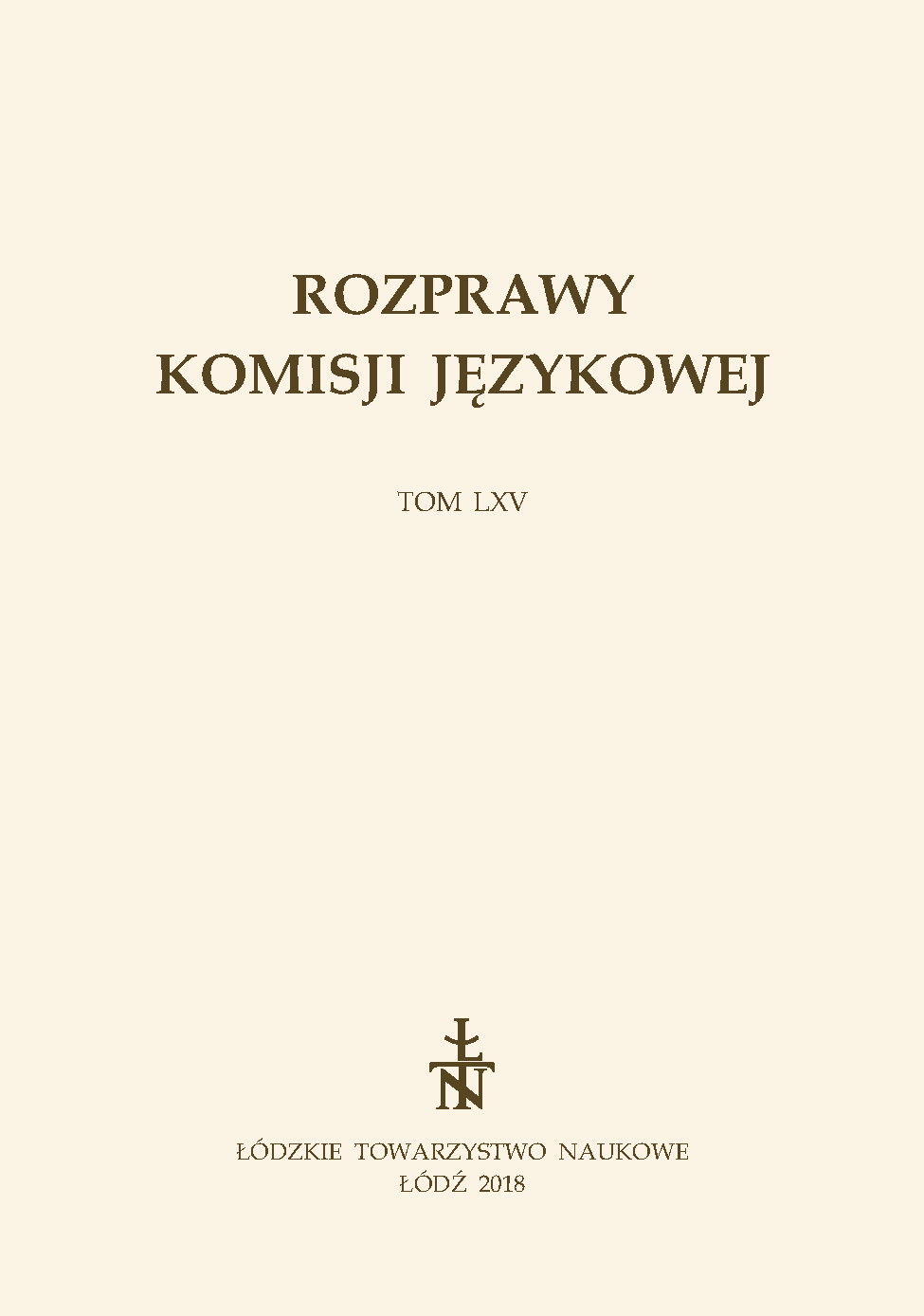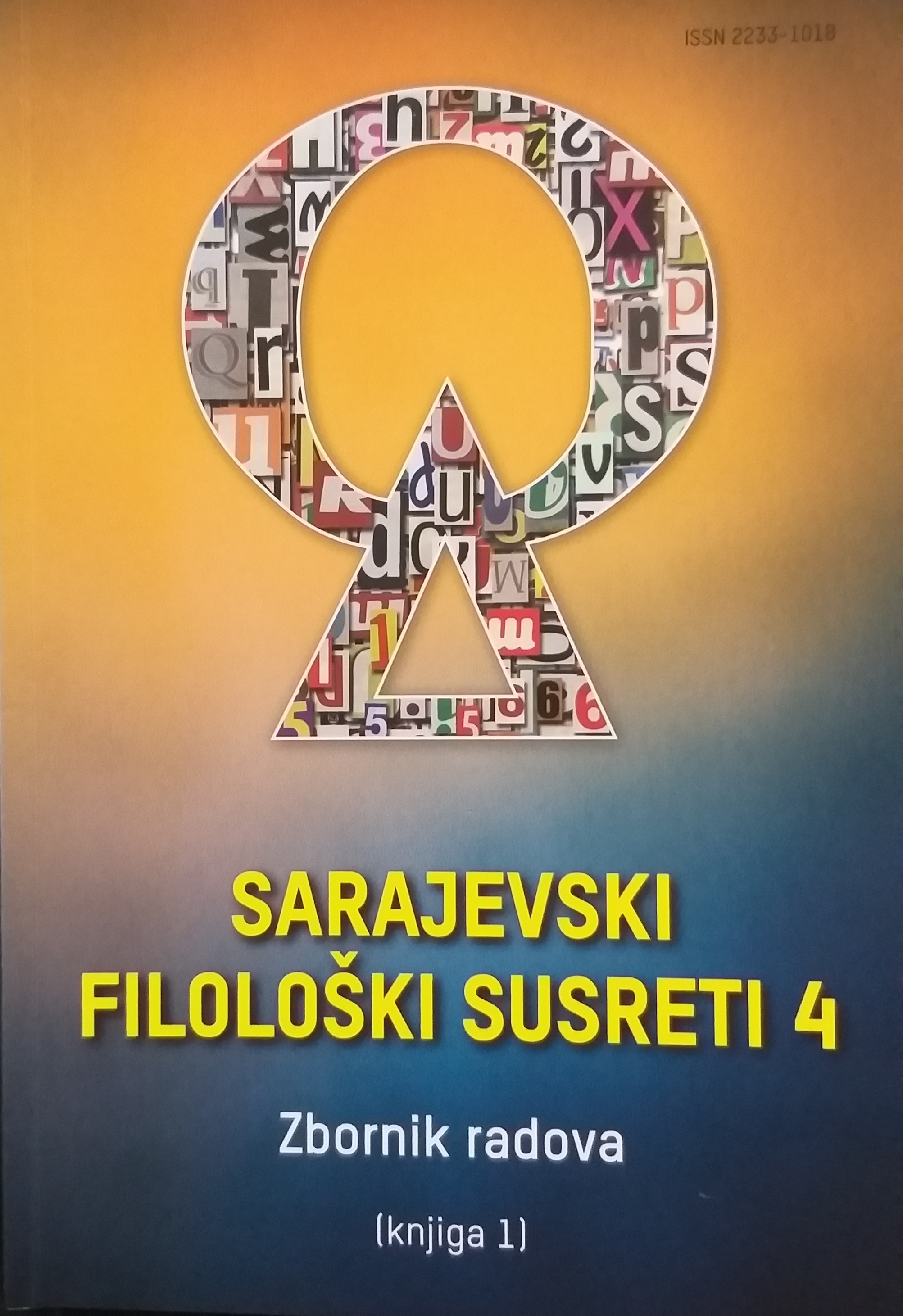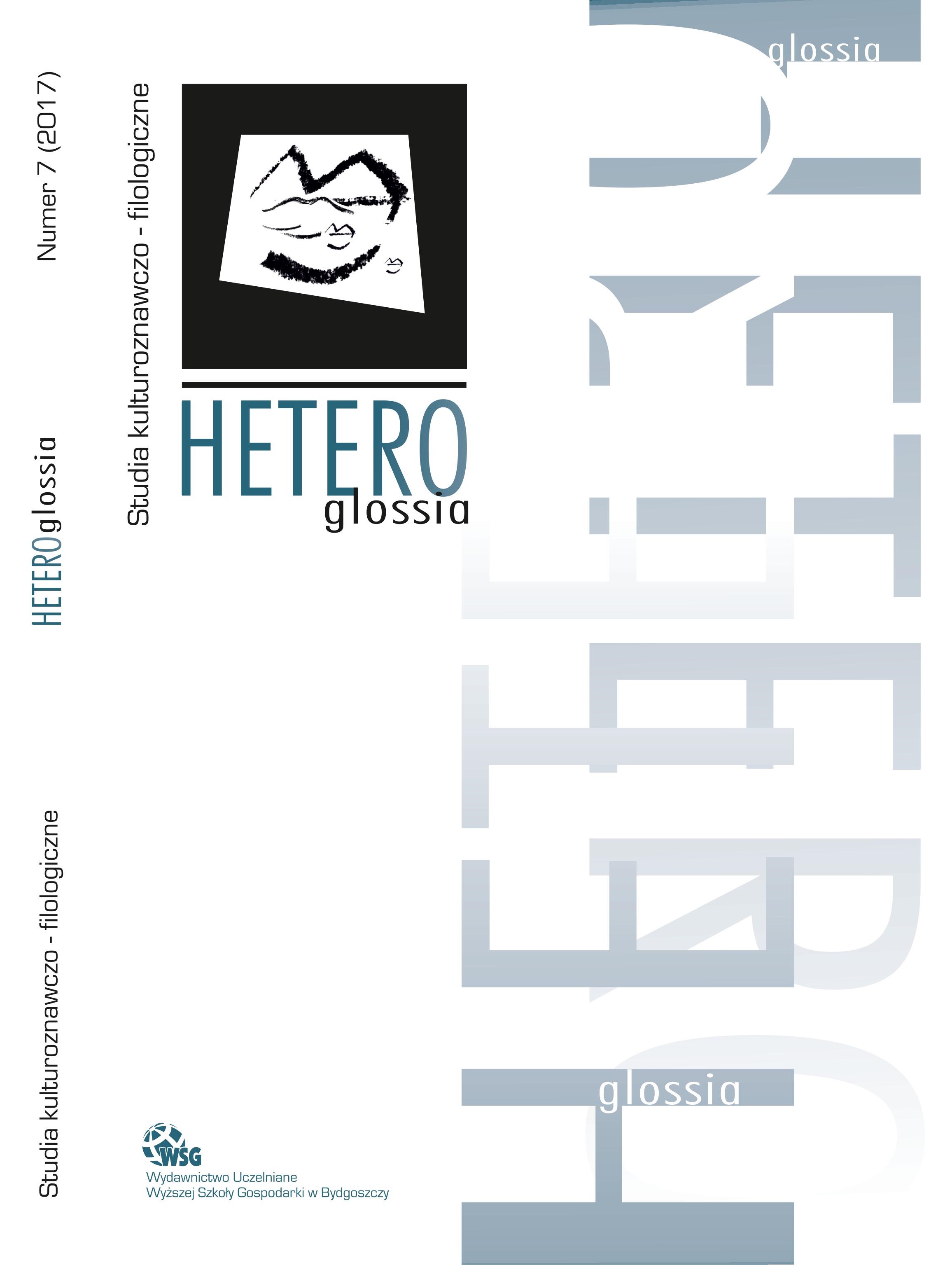Some Considerations on Several Words of Bulgarian Origin Present in the Romanian Sub-dialects Spoken in Oltenia
This article analyses several words belonging to various morphological categories (nouns, adjectives, verbs), from the dialects of the southern area of Romanian (the sub-dialects spoken in Oltenia), words generally considered to be of Bulgarian origin, and it refers to how these words were integrated into the morpho-syntactic system of the Romanian language.
More...
